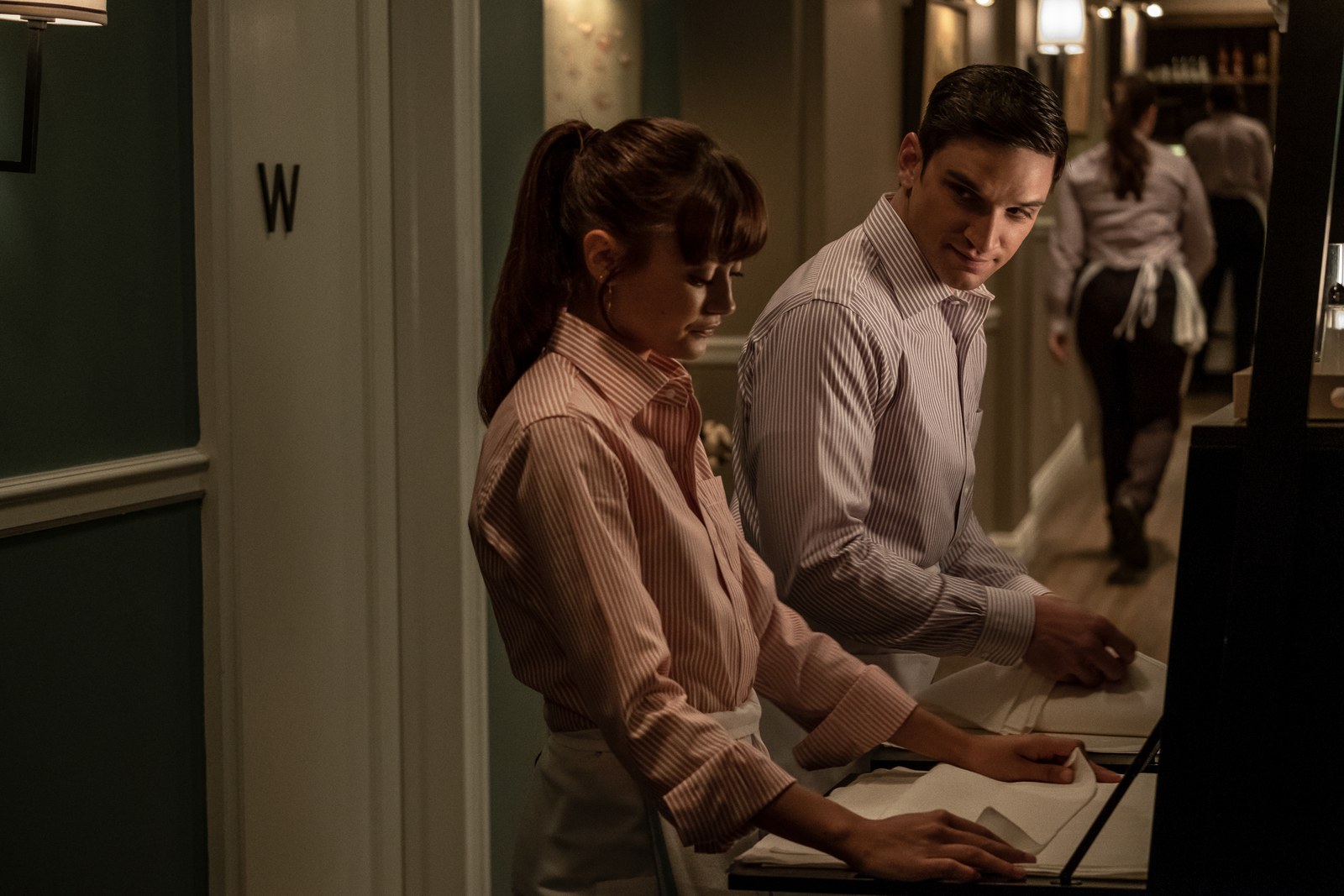What Sweetbitter Gets Right—and Wrong—About Toxic Restaurant Culture

“[I think] Sweetbitter can’t tell the difference between making a joke about how a piece of ginger looks phallic and blatant racism and sexual harassment,” says Sophie*, 29. She’s worked as a barista, waitress, and bartender over the years and has, along with the other women interviewed here, watched the first season of the show.
In the real world, Sophie says she’s experienced harassment with disturbing frequency: She remembers seeing a chef snap the exposed thong of a server who had bent over to pick something up. In another incident, Sophie says she went to her boss, a restaurateur who encouraged staff to report harassment, in tears over the harassing texts a male coworker had sent after they got in an argument at work. The coworker was disciplined, and the texts stopped.
To Sophie, the most demoralizing aspect of restaurant work is actually mistreatment from customers—an issue which Sweetbitter addresses more directly in season two. One memory still makes her shudder: While working as a cocktail waitress, a customer commented that her “bra fit really well.” She felt she couldn’t tell him off without risking her job.
“Sweetbitter focuses on sexual tension and partying, but it doesn’t really show how draining and demeaning it can be to work in the industry,” Sophie says. “Being treated like you’re second class or like you’re an idiot [by customers] gets exhausting.”
Lilly*, 29, has worked in food service for over a decade. She says one of her biggest challenges has been watching women, herself included, get overlooked for raises and promotions while male colleagues confidently sought out and were awarded these accolades. And like Sophie, she’s dealt with abusive customers.
“I was talked down to, spit at, shamed, and made to feel ‘less than’ for no other reason than my job. Classism is alive and well,” she explains. “Tess is an earnest twenty-something who always looks adorable. That was not my reality. I felt disgusting and mortified constantly.”
Sweetbitter does get a lot right, though. “I thought the way Tess was objectified seemed pretty accurate,” Lilly says. “She’s young and therefore immediately the target of aggressive flirtations. She’s also constantly navigating unwritten rules. I do think the show captures that sense of being brand new and entering a fully-formed universe.”
The scenes in which the staff enjoy free drinks at the bar after the restaurant’s closed are also familiar to the women I talked to. Sophie recalls feeling pressured to participate in these nightly rituals to build camaraderie amongst the team. Once, she agreed to take shots with a fellow server in the bathroom during dinner service, worried she’d alienate her coworkers if she refused. When they were caught, she nearly lost her job.
